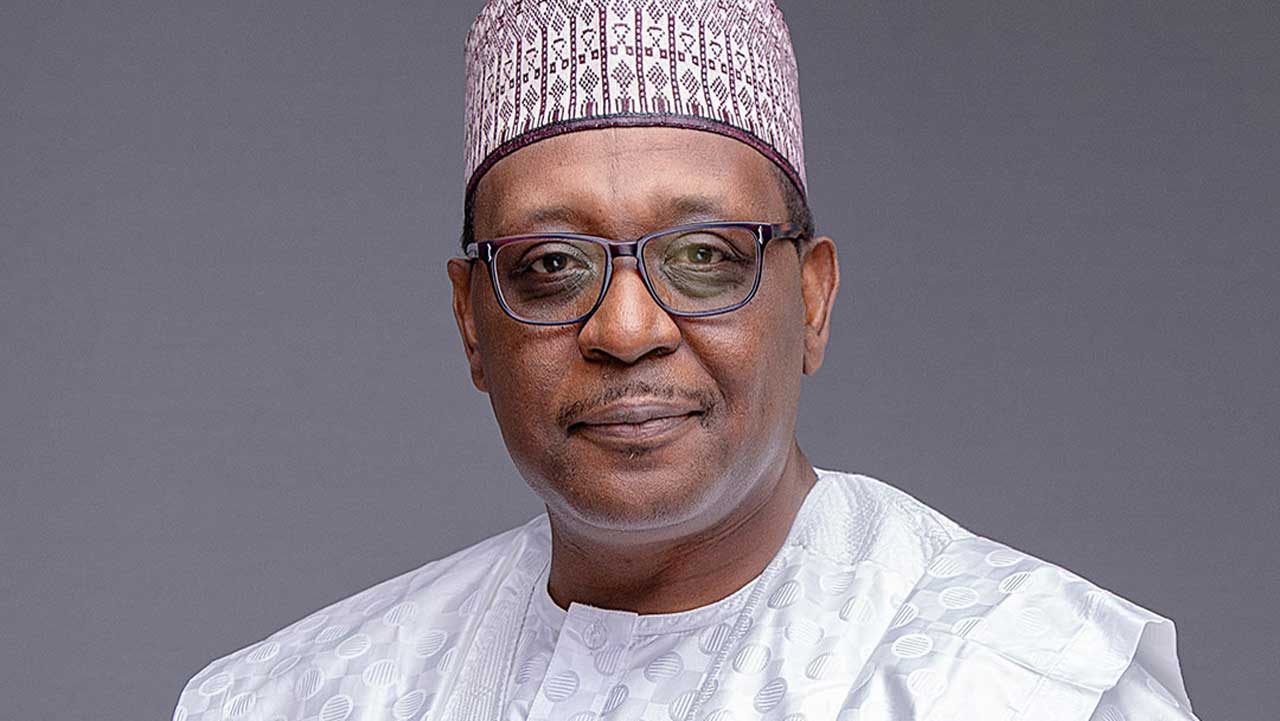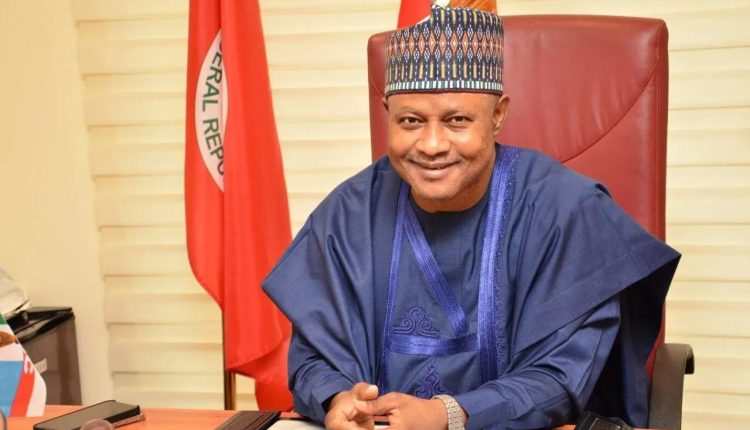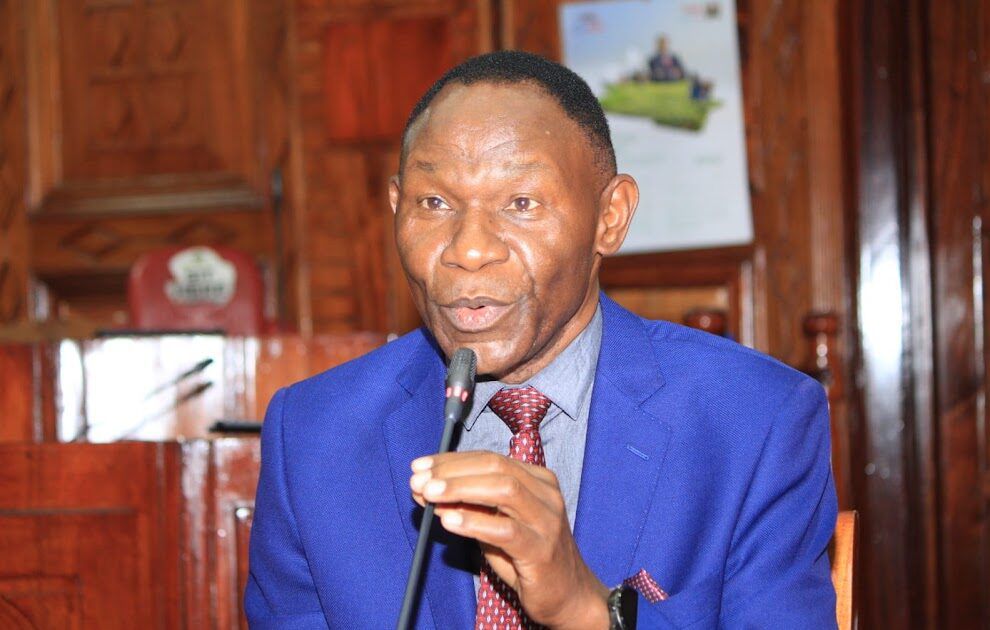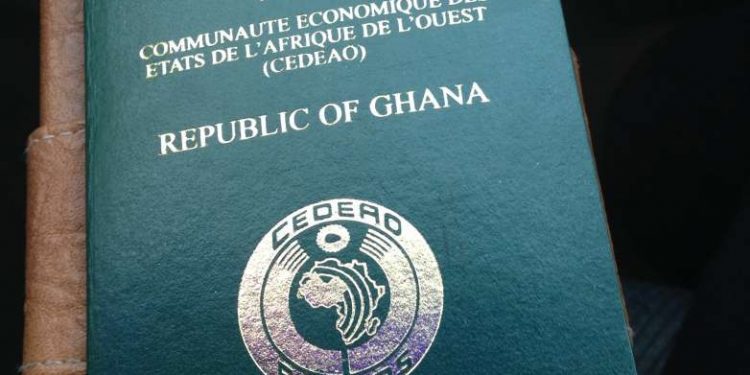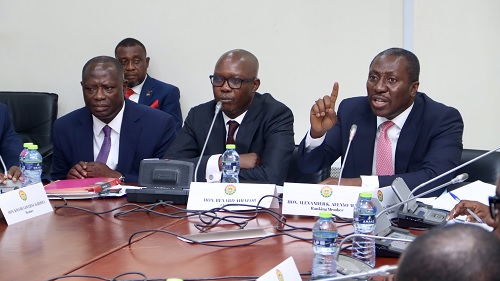Security experts have tackled the military over the claim that foreign elements are behind attacks on Nigerian communities.
The Defence Headquarters (DHQ) on Thursday said violence attacks on local communities and killings of farmers in Plateau, Benue and other parts of the country are mostly perpetrated by foreign herders.
The Director, Defence Media Operations, Maj.-Gen. Markus Kangye, stated this while fielding questions from journalists on the identities of armed herders attacking farming communities.
Several communities especially in Plateau and Benue States have recently faced series of attacks by armed herders with many killed and thousands rendered homeless.
Kangye said that even though the Hausa language was spoken in different parts of Africa, it was easy to identify those who are non-Nigerians.
According to him, when you hear them talk in some instances you will be able to decipher whether these people are from here or not.
“Hausa language like any other language has different versions and intonations.
“So, the Hausa spoken in Nigeria has differences between the Hausa spoken in Mali, also the Hausa spoken in Central Africa Republic and Hausa spoken in Ghana.
“So, when we arrest these herders and terrorists, even the way they speak and appear is clear to see and even the hair will tell you that this person is not from Nigeria.
“I think the only community in Nigeria that has hair similar to the Shuwa in the Sahel region is probably the Shuwa Arabs in Borno but they don’t even have the same hair.
“So, one will also admit that many of those terrorising our people are foreigners even though some of them are also Nigerians,” he said.
Kangye said that some herders of Nigerian origin also get involved in the process of rearing their cows.
“But know that most of the violence and incessant killings you are hearing in some parts of this country are perpetrated by mostly those that find their way into porous borders of our country.
“But we must as a nation rise up together with other agencies whose responsibility is to ensure those that come into Nigeria are accounted for.
“There are agencies responsible for that, so we have to collaborate and that is why we say we work within a joint environment to ensure that we address insecurity,” he added.
Reacting to this on Thursday, a security expert, Jackson Lekan Ojo, faulted the claim, saying the statement indicted the country’s border and intelligence agencies.
He said those responsible for securing Nigeria’s borders, including immigration, customs, and the National Intelligence Agency (NIA), must be held accountable.
“This is a flimsy excuse,” he said. “This is showing nonchalant attitude of our military and paramilitary and intelligence men. They should crush these people, arrest them or send them back.”
Military under pressure – Kabiru Adamu
A security expert and Chief Executive Officer of Beacon Consult, Dr Kabiru Adamu, said the Nigerian military is under pressure.
“Firstly, it is important to acknowledge the heightened pressure on the Nigerian military, given the recent surge in attacks and the intense scrutiny from both the media and the highest levels of government, including the directive by President Bola Ahmed Tinubu.
“The combined pressure from the resurgence of attacks, media attention, and presidential directives can affect military morale and operational effectiveness and lead to conclusions that are meant to show progress while attributing blame to convenient parties.
“It is in this context, that I see the statement by the Defence Headquarters alleging that foreign fighters may have been responsible for recent attacks in Benue and Plateau State.
“The statement directly intersects with the ECOWAS Protocol on Transhumance. This protocol, while intended to facilitate the movement of livestock and herders across member states for economic and ecological reasons, has increasingly been cited as a potential avenue for the unregulated entry of armed elements.”
“The Defence Headquarters’ statement appears to corroborate these concerns, suggesting a need to re-evaluate the implementation and potential security implications of the protocol. Other ECOWAS countries have better systems for monitoring the movement of transhumance. Nigeria should introduce an effective monitoring capability.
“The Defence Headquarters’ statement underscores the critical issue of Nigeria’s porous borders. The ease with which foreign fighters allegedly enter the country to perpetrate such violent attacks points to significant weaknesses in border security. These porous borders not only facilitate the movement of armed groups but also enable the flow of illegal arms and other illicit activities, further exacerbating internal security challenges. Therefore, the defence headquarters should enhance collaboration with other security forces in neighbouring countries that share common borders with Nigeria to improve security. They should also emphasize to the government the need to invest in border communities and provide basic amenities and infrastructure,” he said.
Also asked if he believes that foreign herders were behind recent attacks in Plateau, Benue and other parts of Nigeria, a retired Wing Commander of the Nigerian Air Force, Dr Musa Salmanu, who appeared on Trust TV’s Daily Politics, last night, said, “He (defence spokesman) has more information than I have as such, if he says foreign herders, I will take it as such.
“But then, that makes it more worrisome, it means we are having a kind of invasion; we are having foreign mercenaries or foreign elements that are invading our space. It means the crisis has taken a different dimension. If is it about Nigerians doing this thing, it is a kind of internal, a kind of asymmetric warfare.
“But when it has external elements, the questions now begin. Are they just individuals that are coming on their own? Are they sponsored by other hostile nations around? Is there an international dimension to this? Is there a conspiracy to invade?
“That does not lesson the worry; it makes it worse, it intensifies the issue. Having said this, whether they are Nigerians or foreigners, the containment is the issue. How do you ensure that you stop the havoc they are doing at the moment?
“So, identifying where they come from is very important; and the second important thing is to ensure that they do not come in. And those that are here are engaged in a way that you eliminate the threat.”
On how they penetrated Nigeria to the extent of coming to Benue State in North Central, Destiny Enabulele, a former lawmaker from Edo State and public affairs commentator, said, Nigerian leaders lacked the political will to address the problem of insecurity in the country.
Similar message from Gov Alia
Governor Hyacinth Alia of Benue State recently said the attackers were foreign herders taking advantage of ECOWAS protocol on free movement of livestock to invade communities.
Speaking on Tuesday April 22 on Channels Television’s Politics Today, the Benue governor claimed that the perpetrators of the killings across the state are not Nigerians and that they speak unfamiliar languages and exhibit foreign characteristics.
He said, “Let’s have the narrative very correct. We know Nigerians—by our ethnicities, we can identify a Fulani man, a Yoruba man, a Hausa man—we know them. Even the regular traditional herders, we know them. They work with cows, herding with sticks.
“But these folks [the attackers] are coming in fully armed with AK-47s and 49s. They do not bear the Nigerian look. They don’t speak like we do. Even the Hausa they speak is one sort of Hausa.”
The governor said intelligence from locals suggests the attackers may be foreign nationals.
“It’s not the normal Hausa we Nigerians speak. So, it is with the Fulani they speak. There is a trend in the language they speak, and some of our people who understand what they speak give it names. They say they are Malians and different from our people. But they are not Nigerians—believe it,” he added.
Governor Alia explained that this marked a new and more dangerous phase of violence compared to previous confrontations with traditional herders.
“This is the second phase we are seeing. The initial ones were with the traditional herders. The traditional herders—we had fewer troubles with them. What we are experiencing has a new, different, strange face, and it’s now alarming.
“These terrorists are everywhere. We are under siege. These people just come and hit and kill and run back. Where are they running to,” he asked.
He further said the attacks appear highly coordinated and strategically executed.
“The way these killings are being planned and carried out is definitely coordinated. Some local government areas in Benue share borders with Cameroon, and those borders are quite porous,” he said.
The governor also said intelligence reports point to the existence of terrorist hideouts in parts of Taraba and Nasarawa states, as well as in areas within Cameroon.
“The terrorists have their havens in Taraba, Nasarawa, and in border regions of Cameroon,” Alia stated.
Recent killings in Plateau and Benue
Recent attacks on communities in Bokkos and Bassa Local Government Areas of Plateau State, which claimed lives and property have again pushed the issue of violent conflicts, killings and wanton destruction of property in the state to the front burner.
In the latest incidents, which occurred between March 28 and April 16, 2025, surviving residents said over 150 persons were killed and many injured, though security agencies are yet to confirm the actual casualty figures or reveal the cause of the attacks.
There has also been a resurgence of attacks across Benue State with at least 113 people killed in April alone across seven local government areas.
Residents however think that the actual figure may be higher due to unreported cases in remote communities.
The severity of the situation drew attention from top security officials, prompting visits to the states, including the Inspector-General of Police Kayode Egbetokun, Chief of Army Staff, Lieutenant-General Olufemi Oloyede, and the National Security Adviser, Nuhu Ribadu, to unravel the cause of the latest violence.

